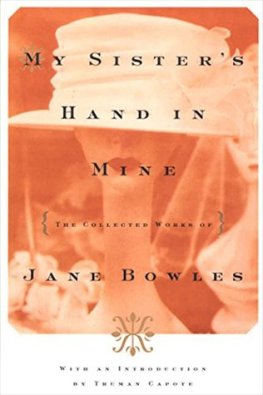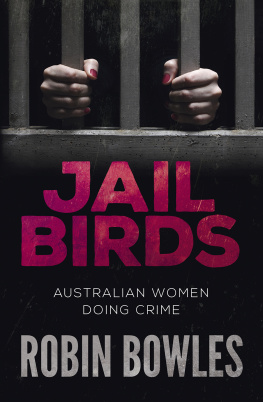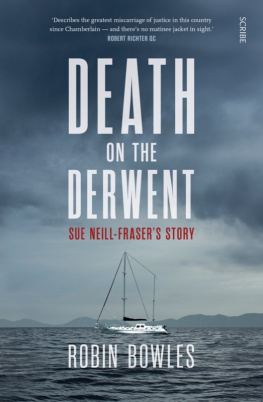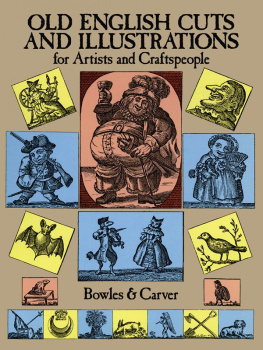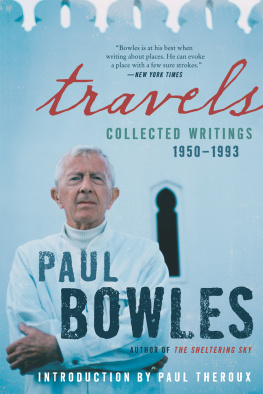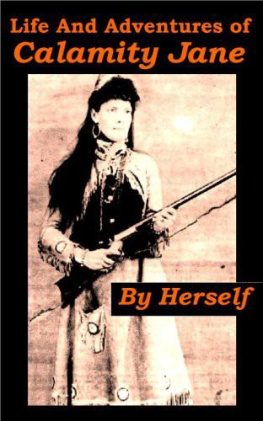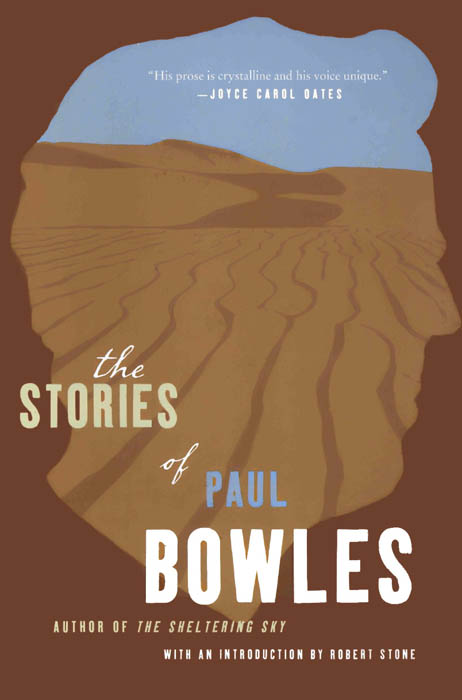Jane Bowles
My Sister's Hand in Mine: The Collected Works of Jane Bowles
In 1966 my mother and father gave me The Collected Works of Jane Bowles for my birthday. I wanted to be a writer and had been studying the craft of fiction earnestly, but I had not heard of Jane Bowles. Voyaging for the first time into Two Serious Ladies, I was immediately disoriented. I did not know what to make of this object at all. There was no discernible narrative strategy. There was no way of explaining or analyzing the processes at work. Interpretation was useless. The vistas were dispiriting, the food foul, the wind always howling. Her people were mournful, impulsive, and as erratic in their peculiar journeys flights as bats. They were very often drunk. They thought continuously, obsessively, but had no thoughts exactly, no helpful method of perceiving the world or their positions in it. As Miss Goering, one of the serious ladies, remarks just before committing herself to an unsavory adventure, It is against my entire code, but then, I have never even begun to use my code, although I judge everything by it. No one knows how to live in these pages; they have developed no mechanisms to assure themselves that the life they have been presented with is their life. (One of Bowless many fears was that she would stop believing in her own characters.) Reading Jane Bowles is making the acquaintance not with dread but with dreads sister, perhaps a grave, absurd disquietude.
When you are a young writer, you are ruthless in what you take from older, more experienced writers. You read to learn, to co-opt, even, and to transmute, to justify or strengthen your own flickering vision. But there was nothing, I thought, for the writer to learn from Jane Bowles, who was such an unnatural, original writer. She was scary, she was inimitable. Who would strive to go where she was? It was dangerous there. And lonely as well.
Of course, this is the most important thing a writer can learn the necessity of finding ones own dangerous, inimitable, and lonely place, and writing from there.
* * *
Jane Auer was an only child, a rich kid, lame from a fall from a horse and a botched surgery, elfin, dedicatedly odd, a lesbian. She met Paul Bowles, a composer, in New York, in the lobby of the Plaza Hotel, and confided to a friend, He is my enemy. Paul found her uncommunicative and less than endearing. He was a precocious only child himself, who claimed he had not even spoken to another child until the age of five. They married the day before Janes twenty-first birthday, mostly for amusement and to horrify their families. Rumor has it that they slept together once, early in their marriage.
Her single novel was written when she was twenty-six. While she was writing it, shed show Paul sections. He admitted hed never seen anything like it. So many things were left out, he complained, and it was so messy! (In his autobiography, Without Stopping, Paul wrote, I doubt that I told her how much I admired it, but perhaps I did.) By all accounts he helped her considerably with the manuscript, excising several sections, two of which later appeared as the stories A Guatemalan Idyll and A Day in the Open. The book was published and received with hostility and some praise. Jane professed not to care. She found writing to be the most loathsome of all activities. Working on the book had taught her nothing about writing a novel but, ironically, it led Paul away from music and into fiction. He discovered that he wrote rapidly and with great pleasure. While Jane struggled to describe the bridge in Camp Cataractthe effort took days and resulted in a single sentence Paul was confidently building his fine first novel, The Sheltering Sky. He told her her method of work was the root of her problem. She refused to use the hammer and nails that storytelling provided, convinced she had to manufacture her own hammer and nails. It all had to be difficult from the first paragraph in order for her to have respect for it. After her death, he told the biographer Millicent Dillon that what she wanted to do was more than she could do, more than perhaps anyone could do.
She was having trouble working but she wrote a playlet for puppets, a bizarrerie, for the editor of the surrealistic magazine View. She wrote a play, In the Summer House, which, according to Dillons excellent biography of the Bowleses, A Little Original Sin, Tennessee Williams found elusive and gripping one of those very rare plays which are not tested by the theatre but by which the theatre is tested. It survived on Broadway for less than two months.
Still, she was having a great deal of fun in New York and in Tangier, where the Bowleses had more or less settled. Her life there was exotic, dramatic, and somewhat incomprehensible. She favored gin to excess. She drank quantities of it at home and at the Parade, the Atlas, the Monocle, Guittas Bar, the Viking, the Caf Flores. She had affairs with Helevetia and Marty and Jody and Genevieve and Martha and Lily and Cecil and countless others. She was mad for Rene, who she admitted was afraid to be in the same room with her. She was enamored of Cory, who wore steel-rimmed spectacles and ran a tea room. Janes choice of lovers often seemed ludicrous to others, which was apparently her intention. Her most outlandish obsession was with a young Moroccan peasant, Cherifa, who was ferocious, greedy, ugly, and a dabbler in black magic. Cherifa kept a large philodendron in Janes house. When Paul discovered a packet filled with dried blood and pubic hair and fingernails a magic packet buried amid the plants roots, he surmised that the packet was Cherifas stooge and that she could give it orders before she left and see that they were carried out during the night. She was Janes maid, and even Jane described her as a freak, she who once said of Carson McCullers, Her freaks arent real. Many people suspected Cherifa poisoned Jane, bringing on the stroke she suffered at forty.
Janes stroke was devastating. She became aphasic and partially blind. She was treated in Tangier, London, New York, Lisbon. She tried to work but was unable to read what she wrote. She could not understand what she knew. She began another novel, Going to Massachusetts, the unpromising title of which was suggested by Paul. The primary character is a woman named Bozoe. Jane would write stuff like She was very conscious of the advantages she enjoyed as a citizen of a democracy. She filled notebooks with such infelicitous words. She had lost her wit, her style, her crazy grace. It was as if for Jane that dreadful moment had come of which the Kabbalah speaks when words rebel against us and become only themselves, dead as stones.
Ten years so passed. She believed God was punishing her for not writing. She took pills for high blood pressure, for anxiety, to prevent convulsions. She drank heavily, found solitude unbearable, worried about money, spent hours buttoning and unbuttoning her sweater or picking at her wig. It was around this time, 1966, that her collected works were published in the United States, receiving the kind of attention and praise that my parents had noticed. A friend brought her a copy of the book with its crisp geometric pink and red jacket, and she wrote Dead beside her name.
Diagnosed as a manic-depressive, she was finally committed to the care of nuns at the Clinica de los Angeles in Mlaga, Spain. Though heavily sedated, she was frantic there and begged to be released. The doctor suggested shock treatments, and after these were administered, Paul reluctantly brought her back to Tangier. She lay on the floor all day, staring at him as he worked. She frightened people and their friends avoided her now, but in the bars she was popular with American hippies, to whom she gave money. After a few months, an incident occurred which impelled her return to the sanitorium in Mlaga, where she would remain until her death, four years later, at the age of fifty-six. She had gone into a bookstore and walked out with two books without paying for them. When one of her Moroccan servants protested, she seized the woman by the throat. In her fiction, where blows are always being struck, such an act would have had no consequences (the sisters in A Quarreling Pair resume their strange intimacies after an abrupt act of violence, followed by the tender singing of a song). But this was her life, and the horrid end of her life at that, and characters she had summoned forth in her moody and madcap works of so many years before would neither absorb it nor distract her from it anymore.

